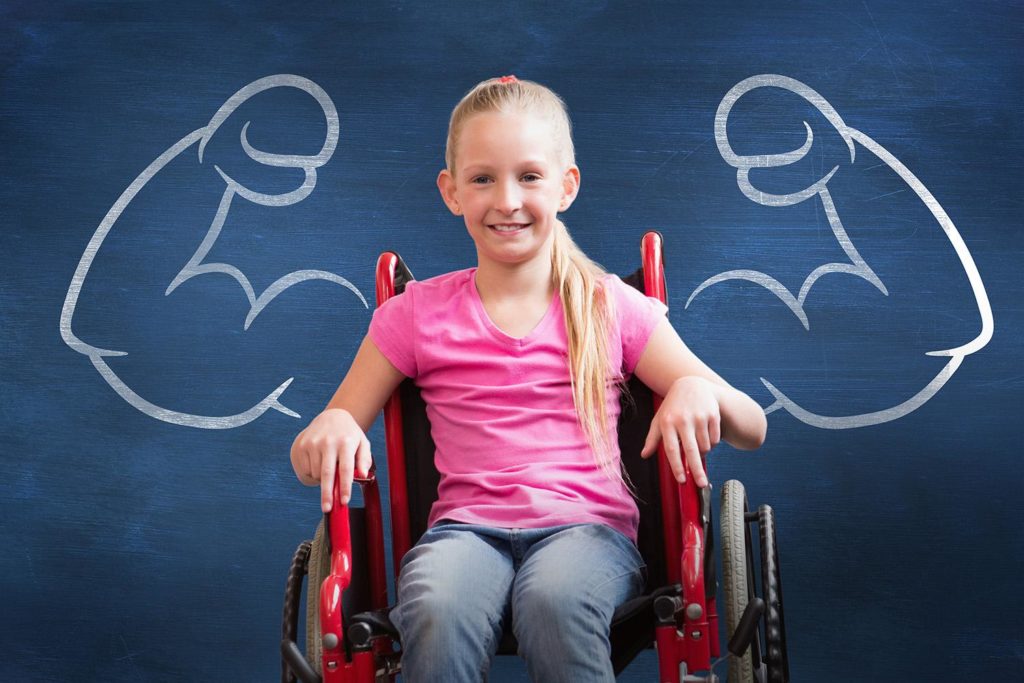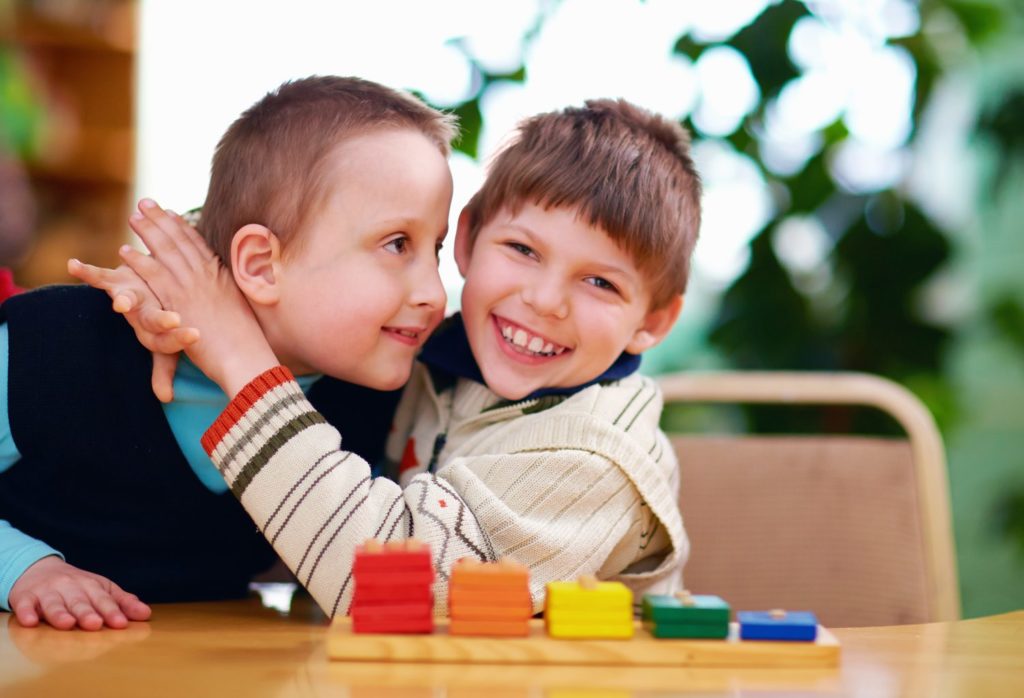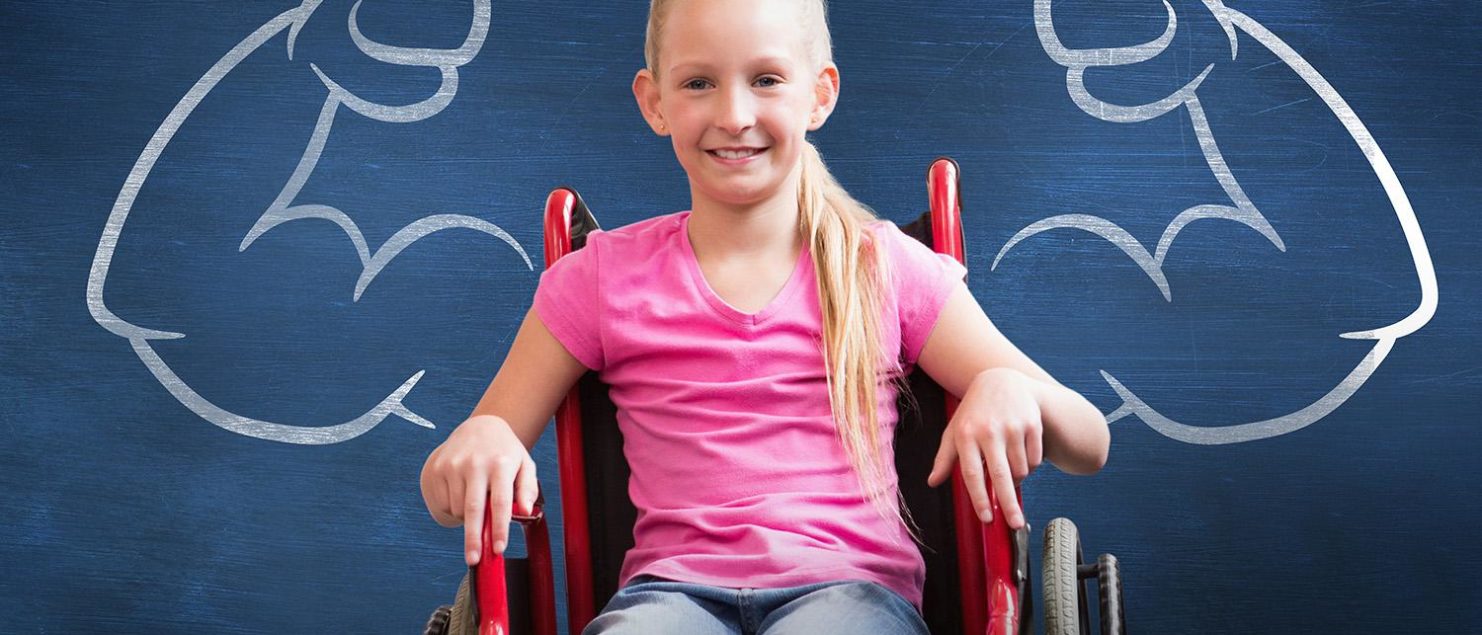How to talk about disability

People with disabilities are the most vulnerable group in our society. Many of them are even more vulnerable. The ones who are poor, the orphans, the beggars, elderly people, refugees, etc. And all of them face the common behavior such as the prejudice and discrimination of the society. Words and expressions have a great power to offend, as well as to comfort. We must be aware of what the members of the group we are talking about or writing about prefer to be called. People with disabilities are very sensitive to the words that describe them. In countries where the equal opportunity movement has become more active, definitions and concepts that do not cause pity or other negative associations have been used.
Words create associations that can form stereotypes, which in turn creates the attitude of society.
The word is power
Outdated misconceptions deepen stereotypes about people with disabilities, strengthen barriers to communication, and this becomes a bigger problem for them than the disability itself.
When we make diagnosis the most important feature of a person, we devalue him, violate his individuality.
Unfortunately, a diagnosis of disability can become a criterion for assessing a person’s worth and opportunities.
Would you like to be known for your psoriasis, gynecological history, some defect or other similar “feature”?

When we know someone’s diagnosis, it seems to us that we know something important about that person. That fact is then used to determine when that person should study, what job they can do, what work to do, no, where, how he/she should live, what “services” they need, etc. And all this often ends with the social and physical isolation of thousands of children and adults in special schools, special institutions, through special programs, special approaches. Are these people isolated or devalued only on the basis of their diagnosis? Based on the diagnosis, we know the human body, almost without considering what is in their heart and mind, so often, instead of helping, we can harm them, even ruin their lives.
Source: Inclusive Education, Teaching-Methodological Guide, Yerevan 2015



